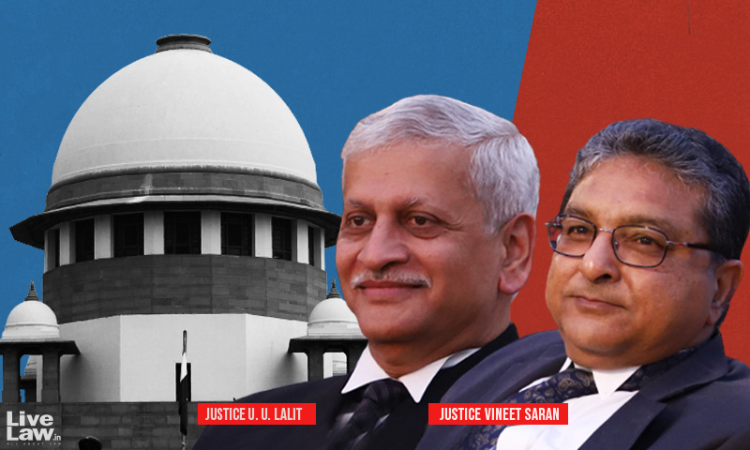'Decisions Of Expert Bodies Like PSC Should Not Be Lightly Interfered With' : Supreme Court Upholds UP Police Recruitment Process
Sohini Chowdhury
8 Jan 2022 10:49 AM IST

Next Story
8 Jan 2022 10:49 AM IST
On Friday, the Supreme Court held that the Uttar Pradesh Police Recruitment and Promotion Board had correctly applied the method of 'Normalisation' of marks at the stage of Written Examination as well as the Final merit list in the process of selection of candidates for the post of Sub-Inspector of Police, Platoon Commander and Fire Officer. A Bench comprising Justices...
